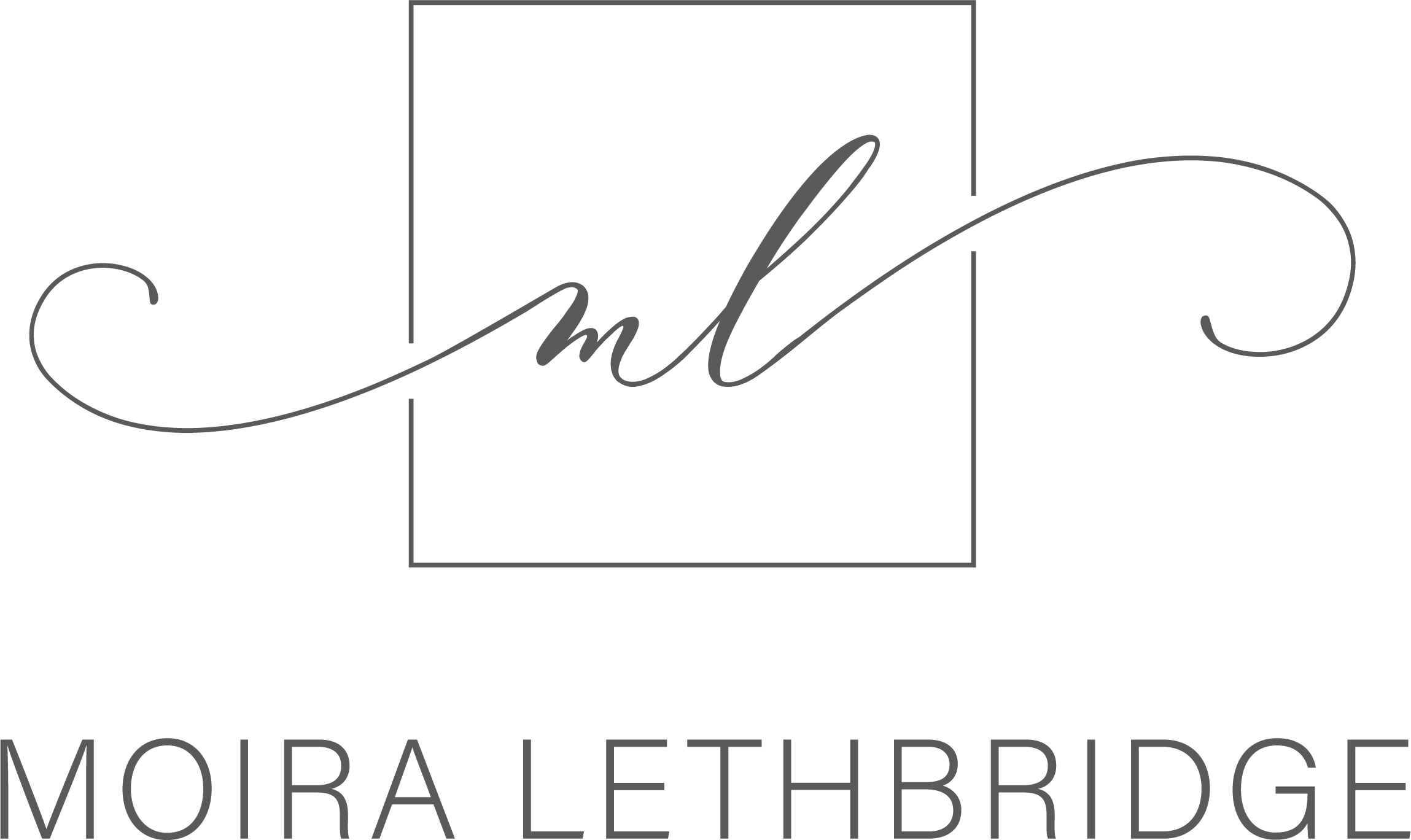Elizabeth Gilbert – Author
I didn’t expect to have an anxiety attack two weeks after I left my job of 20 years. It happened in a low-end discount store in the middle of a workday in Rehoboth Beach, Delaware. I had taken time off to change gears from being the President and CEO of a 250-person company to Principal and Owner of my own business. It was an exciting time. I knew starting my business was the right thing for me to do. I had the skills, experience and drive to make it work. Then I had the anxiety attack walking through the store. There were no people in business suits; no one was on their cell phones making important business deals. The chatter in my head started. “What did I just do?!?!”
My heart was racing. I wanted to crawl out of my skin. How can an idea seem so right and yet strike terror in my heart? Scary thoughts came fast and furious. “Can I make this work? Will anyone hire me? What was I thinking!?!?” I froze. I could feel myself getting smaller and smaller. I tried to obsessively think of other things to control the panic. I wish I had a guarantee that it would work out. A risk-free guarantee that I knew for sure I had made the right decision. I wanted a certain outcome; success.
We are wired for certainty. Just like we are wired for craving food or sex, the desire to know what the future holds is a powerful motivator. This drive for certainty is a function of our nervous system. It has to do with our limbic response; when we have a sense of uncertainty the limbic brain goes into alert mode. Uncertainty feels to the brain like a threat. It is a basic human need to want the assurance of avoiding pain and gaining pleasure.
If we are wired for certainty and want to avoid uncertainty, then we have a good explanation of why change can be hard. Change involves uncertainty. It explains why we prefer things we know over risking the uncertainty of new, innovative ideas and solutions.
We live in an uncertain world and we do things to reduce our sense of uncertainty – micromanage, become controlling and nit-picky, disengage, eat more, drink more, blame others, or force solutions. While these behaviors temporarily release us from our fear of the unknown, they also contaminate our ability to be our most productive and effective selves.
There are four things you can do to minimize damaging behavior when the need for certainty strikes:
Identify your behaviors when you are stressed by uncertainty: do you hide, micromanage, yell, control, or go to the refrigerator? Accept that everyone resists change and craves certainty. Recognize your personal style and replace this with supportive behaviors. Controlled breathing reduces anxiety. Take a deep breathe in through the nose and hold for five seconds and exhale through the mouth for five seconds. Do this seven times. Walking brings you back to the present moment. Feel each foot as it hits the ground. Listening to music or calling a friend and sharing your concerns work too.
Embrace discomfort: avoiding uncomfortable feelings leaves us stuck. Normalizing discomfort is the way to change and expand. Ask yourself, “are these conditions or situations permanent, personal or pervasive?” If you can figure out how to reframe them as temporary, impersonal and situational, you can change your reaction to uncertainty. It’s called your explanatory style. Explanatory Style is what you say to yourself when you experience setbacks, and how it influences your life.
Learn to be an optimist: The way you think about problems and obstacles effects how well you manage uncertainty. Pessimists tend to believe that bad events will last a long time, will undermine everything they do, and are their own fault. Optimists believe setbacks are temporary, that its causes are contained to this one event, and that defeat is not their fault: circumstances, bad luck or other people brought it about. You can learn a new set of cognitive skills and practice having an optimistic outlook. These techniques help you look at setbacks in a new way.
Strengthen your uncertainty tolerance: uncertainty tolerance is the ability to perceive ambiguity in people and information in a neutral and open way. This is directly correlated with creativity and innovation. There is a spectrum – some people function easily with a lot of uncertainty while others barely tolerate a small amount and find life almost unbearable.
Deep breathing outside the store helped to bring my anxiety in check. Then I went for a walk and talked to myself about the facts and reasons for my decision to start my own business. “Is this happening in all areas of my life?” No. “Is it permanent? Personal? Pervasive?” No. Finally, I asked myself if I could live with the worst outcome; failure. I gained perspective on my situation and learned it would be the first of many experiences where I embraced uncertainty.
Uncertainty is both uncomfortable and inevitable. While we don’t have a choice about its existence, we do have a choice about how we manage it.





